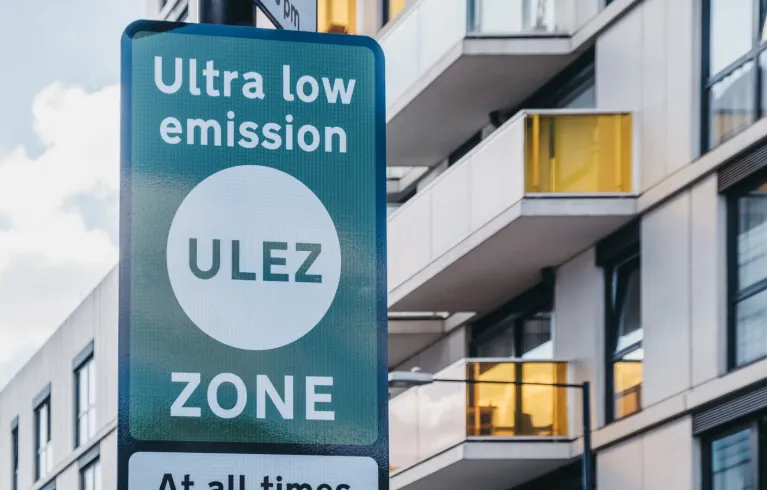
Key information
Publication type: General
Publication status: Adopted
Publication date:
Contents
1 sections
TfL bad debt increases by almost £300m in three years
With Transport for London’s (TfL) bad debt levels climbing almost £300m in three years, the Mayor has been urged to increase collection levels for road user charging schemes.
In 2020-21, figures showed TfL’s bad debt expenses to be c.£160m. At a recent Budget and Performance Committee meeting, the Committee was told that bad debts are now in the region of £450m.
The sharp increase coincides with the expansion of the Ultra Low Emission Zone (ULEZ) to the North and South Circular in October 2021, and London-wide in August 2023. In September 2024, The London Assembly was informed that TfL was now owed £376 million in unpaid Penalty Charge Notices (PCNs) for the ULEZ.
The London Assembly Budget and Performance Committee has today published a letter to the Mayor, calling on him to consider increasing collection levels for road user charging schemes, to ensure money owed can be spent on improving London’s transport network.
Key recommendations include:
- TfL should review the causes of the increase in its bad debt charge since 2021-22 and look at appropriate measures to increase collection levels for all road user charging. TfL should seek to conclude this exercise in time for it to be reflected in the 2025-26 Budget and break it down for each type of road user charge.
- TfL should set out in its 2025-26 budget submission and 2024-25 performance reporting the level of contingency it holds for exceptional items such as handling the recent cyber attack, recent applications of such contingencies and the actions it is taking to address any lower than anticipated operating surplus levels.
- The 2025-26 Budget proposals should explicitly confirm whether the Mayor will continue to provide ongoing funding from GLA funds for the current fares freeze, and be clear on the source of the funds.